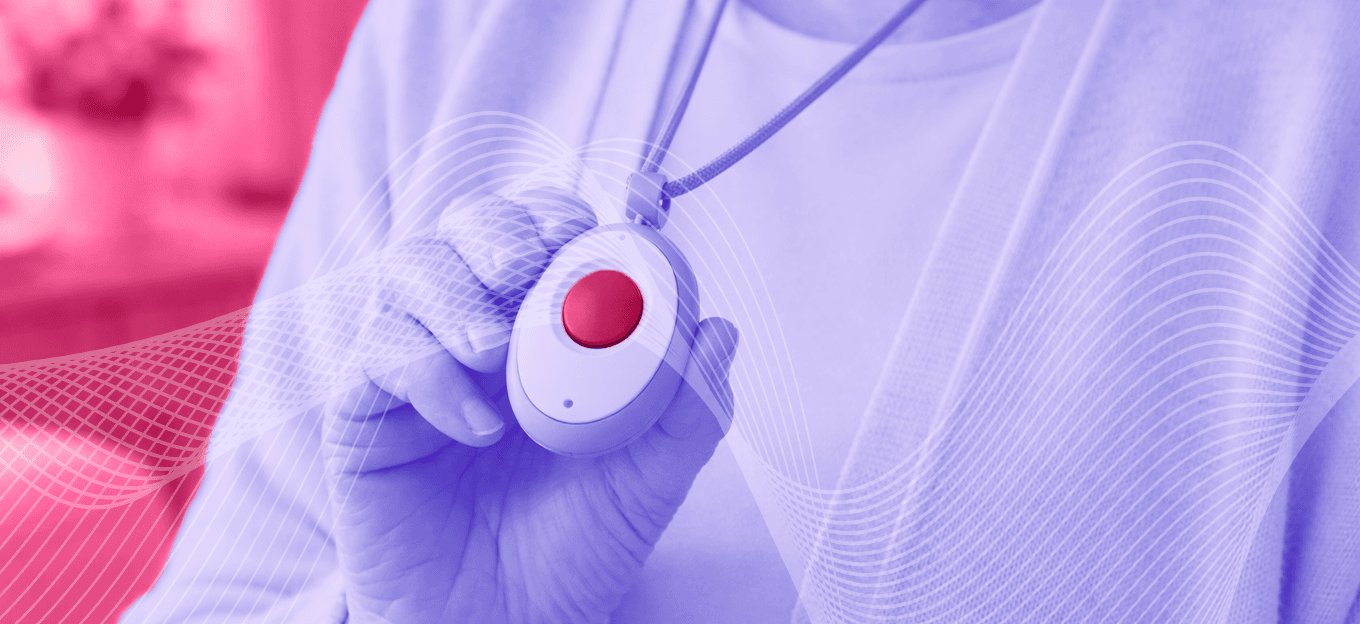How Is Artificial Intelligence Re-Shaping Research?
How Is Artificial Intelligence Re-Shaping Research?
- Last Updated: December 2, 2024
Dmytro Spilka
- Last Updated: December 2, 2024



Artificial Intelligence (AI) is playing an increasing role in the research process. AI-based algorithms are being used to improve the efficiency of research and to provide new perspectives on explored topics. They are valuable not only in drawing connections between different pieces of information but also in proposing and testing new hypotheses.
'AI-based algorithms are being used to improve the efficiency of research and to provide new perspectives on explored topics.' - Dmytro Spilka
AI Research Use Cases
A major advancement in artificial intelligence research recently came with a machine learning algorithm capable of inventing radical new proteins that can fight disease. Also, AI researchers are now developing algorithms that can search for scientific research papers and extract information from them to automatically correct scientific papers. Let's take a look at some more uses cases of AI in research.
#1: Automated Data
Artificial intelligence is also used to optimize resources in research laboratories, automate the acquisition of data and facilitate the synthesis and analysis of complex datasets. For example, AI has recently been used to help manage the activities in large-scale, long-term studies by providing real-time guidance. An AI system may be able to monitor the health of each participant in a study and alert a scientist if a participant's status changes.
#2: Optimize Equipment
AI is also being used to optimize laboratory techniques and equipment. AI-driven robots can automatically perform several tasks that were previously only carried out by humans, such as organizing and storing scientific equipment, preparing samples for analysis, and carrying out routine diagnostic tests. In addition, automated systems are also able to carry out tasks that are too dangerous or difficult for scientists or technicians to complete themselves. AI and robotics are also being used in the design of experiments—helping researchers determine which parameters should be changed, how the experiment should be designed, and what measurements should be made.
#3: Healthcare
Many believe AI will soon be used to identify new drugs and drug combinations, diagnose diseases from medical images, and assist in surgeries. AI was used to predict an enzyme better than any other prediction before. A technique called deep learning was used. The system was able to predict the three-dimensional structure of an enzyme. The most important thing is that the 3D structure was more complex than those the algorithm was previously trained to deal with. Artificial intelligence has also been successfully used in cancer research to create better ways to detect, diagnose, and treat cancer patients.
Researchers reported that they used machine vision to analyze human behavior and physical characteristics in videos of people with autism and Asperger's Syndrome. They used AI algorithms based on deep learning with a dataset of 1,200 videos featuring 12-megapixel cameras, just like the ones on iPhone 13, and individuals making facial expressions or engaged in social interactions, such as smiling or nodding. The analysis revealed ten distinct facial states of autism, while deep neural networks also accurately projected the severity of symptoms.
#4: Computer Science
Researchers use AI-based algorithms to search databases of molecules and find effective molecules with desired properties. Such an algorithm may be able to search databases of millions of molecules in a fraction of the time it would take an expert scientist.
Computer scientists also created a system that can be used to generate new educational games based on existing video games. The researchers used AI to develop new algorithms for recombining existing game elements into new types of games. They used machine learning to create the system, which uses a personalized learning algorithm to select elements from a large amount of video game content and then recombines them in an unpredictable way. The researchers suggest that this technique could be useful for exploring different genres of video games or creating new genres based on already existing ones.
The Future of Research
It has been asserted that AI affects the nature of humans, their intelligence, and the decision-making process. With the advent of AI, there is concern over how its creations could affect human beings, including encouraging biases in human thought processes. A common concern is that machines would become smarter than humans and thus gain control. Regardless, AI is proving a powerful tool for connecting information and drawing new hypotheses.
The Most Comprehensive IoT Newsletter for Enterprises
Showcasing the highest-quality content, resources, news, and insights from the world of the Internet of Things. Subscribe to remain informed and up-to-date.
New Podcast Episode

IoT in 2026: Trends and Predictions
Related Articles





